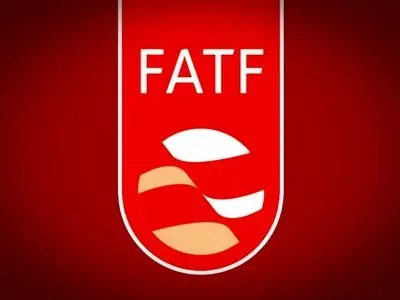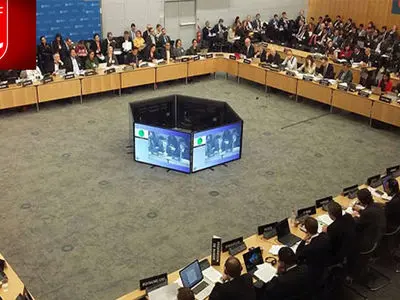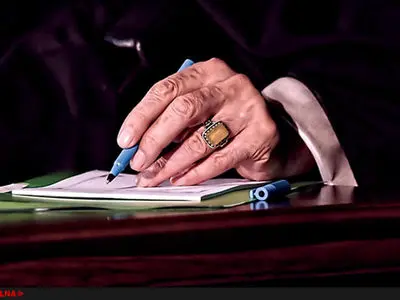“No one is able to fix Iran's closed economy; even the best economists and the Nobel laureates are unable to do save it,” a professor of economics Mahdi Pazouki told ILNA.
FATF bills
-
-
Foreign Ministry Spokesman Seyyed Abbas Mousavi has condemned the Financial Action Task Force’s blacklisting of the Islamic Republic saying that it is a politically-motivated action taken by international institutions.
-
“The "maximum pressure" approach is inflicting damage on the Iranian economy and complicating Iran's economic relations with foreign trade and investment partners,” A Political science professor at American university John Calabrese told ILNA.
-
A Professor of International Affairs Dane Rowlands believes that Just as being an FATF member is unlikely to cause any serious difficulties or limit a state’s capacity to operate its financial system, it is equally unlikely to solve many problems.
-
“U.S pressure has strengthened the hard liners in Iran and hurt the moderates,” A Political Science professor at Rice University Richard Stoll told ILNA.
-
Iran’s finance ministry rejected on Sunday reports that Iran has been put on FATF’s blacklist.
-
Iran’s representative in the World Chambers Federation Pedram Soltani said to ILNA that if the country does not take advantage of the last chance of the Financial Action Task Force (FATF), and it is blacklisted by the body, countries will become more sensitive for cooperating with Iran’s banking system.
-
The Iranian government insists on its position in the approval of the Financial Action Task Force (FATF), Iranian government spokesman Ali Rabiei told reporters after a meeting of the Cabinet of Ministers.
-
Two controversial bills related to the Financial Action Task Force (FATF), namely the convention against the funding of terrorism (CFT) and the UN Convention against Transnational Organized Crime (known as Palermo bill in Iran), have already been approved by the lawmakers in the Iranian Parliament and need to gain the approval of the Expediency Council after they were rejected by the Guardian Council.
-
Supreme Leader of the Islamic Revolution, in response to the Majlis (Parliament) query about how to deal with the FATF bills, said that he had no disagreement with the bills to be discussed in the Iranian parliament.










